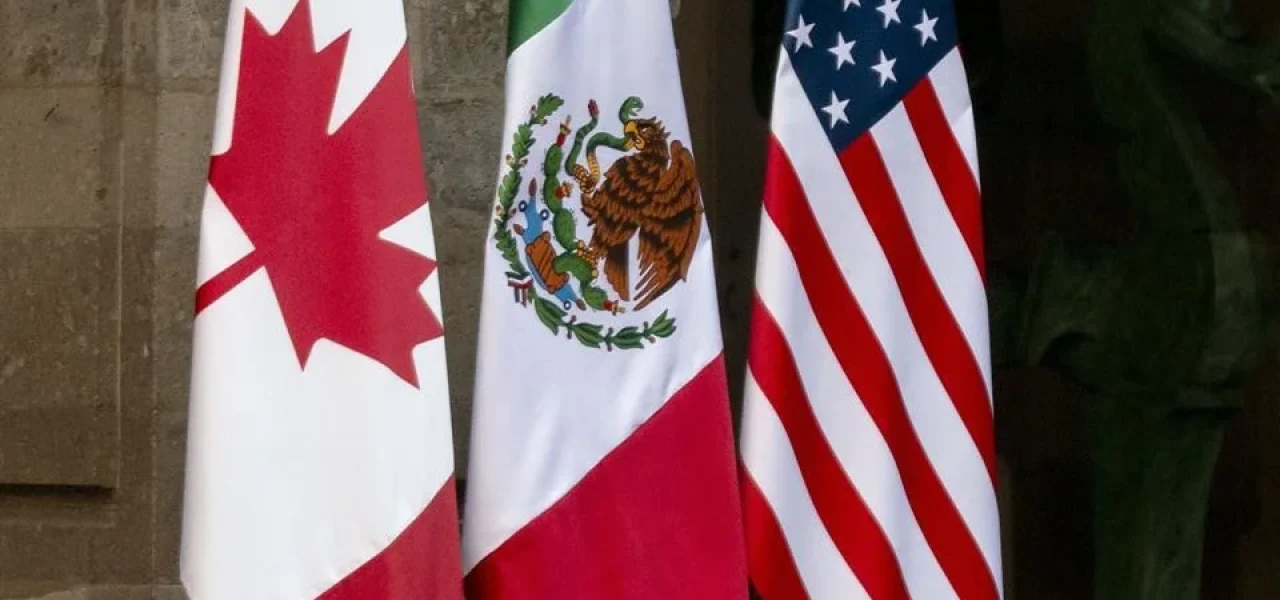The application of the Rapid Response Labor Mechanism (RRLM) under the United States, Mexico, Canada Treaty (USMCA) works as an incentive for companies to comply with the new model of social justice, said Alfredo Domínguez Marrufo, head of the Federal Center for Conciliation and Labor Registration.
The official stated, in a brief interview, that four years after the USMCA entered into force, the preparation of remediation plans has prevented complaints from becoming arbitration panels, with the exception of the cases of Mina San Martín and Atento.
“I consider that (the Mechanism) has been an incentive for companies, particularly in the export sector, to seek compliance with the principles and rules of the new labor justice model in terms of non-intervention, non-interference in union life, and full consideration of the right of the workers to decide their union preferences or to change”, Domínguez Marrufo said.
Today, there voices in the private sector that request that the Mechanism be reviewed in 2026, as they claim that there has been abuse in the use of labor complaints, he explained.
A measure for applying pressure
Meanwhile, the Employers’ Confederation of the Mexican Republic (Coparmex), stated that the Labor Mechanism has worked as an instrument to apply pressure on companies, and that those that are investigated for violating collective rights suffer reputational damage.
“From the complaints that have taken place, we have detected that there are Mexican non-governmental organizations (NGOs) or American unions that have abused the concept.
“That is, they have an agenda, or the suit has not progressed through the Mexican labor courts as they expect and this has become a ‘fast track’ of pressure on companies”, said Ricardo Barbosa, president of the Coparmex Labor Commission.
Óscar de la Vega, a labor lawyer, agreed that the lack of regulation of the Labor Mechanism has caused workers to use it as a tool for applying pressure against companies with the objective of obtaining economic benefits.
“Although it has worked efficiently as a mechanism by the governments of the United States and Canada to repair alleged violations to the human rights of workers, in other cases, its lack of regulation in Mexico has caused groups of workers to use it as a mechanism for applying pressure against companies with the objective of obtaining individual economic benefits”, De la Vega considered.
Looking toward the review of the USMCA in 2026, the Mexican government must find a way to delimit and/or regulate the use of this Mechanism to specific violations and, above all, to regulate the internal investigation process with the objective of ensuring transparency and certainty for companies, he said.



